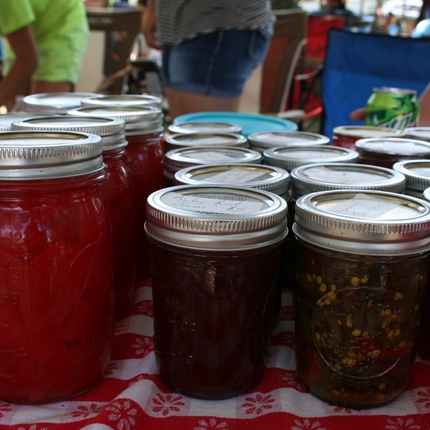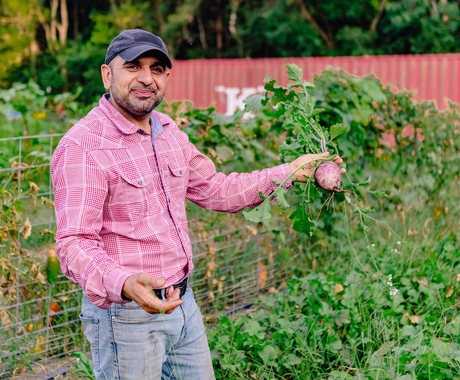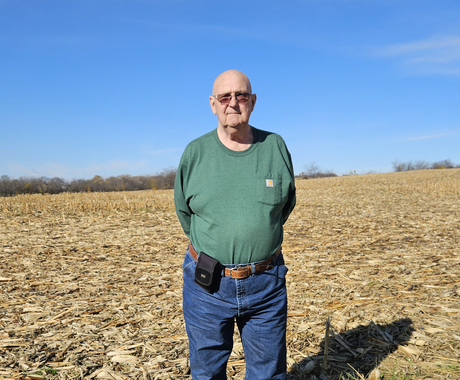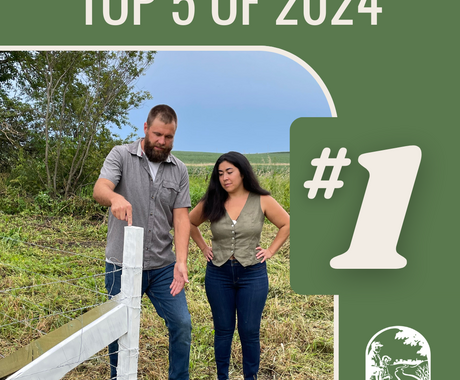Have you heard about the Center for Rural Affairs’ Rural Food Business Growth Project aimed at five counties in northeast Nebraska? What exactly does it mean? We invite you to dream with us on a food system vision.
You may ask, “Aren’t we already doing our part to feed the world?” I challenge this idea, when we import produce and meats from other states to the grocery stores where most of us purchase food.
This seems counter-intuitive given the rich agricultural landscape, especially here in the Midwest. With scarce supplies of water and soil where most fruits and vegetables are grown, Nebraska is poised to take the reins over our food.
Northeast Nebraska is our focus, but the concept extends to other places. Imagine if your city or town provided profitability and equity to small-scale produce and meat livestock farmers. Perhaps through a food distribution system that also provided for local citizens and the region that binds them together.
Many schools and institutions are seeking sources for local, fresh foods. Farmers can address ease-of-use and seasonal mismatch barriers through minimal processing to make farm products easier for school kitchens to use or to make products available throughout more of the year.
For small farm and garden businesses, processing can create a high-value product that increases profit margins. In our work to build vibrant rural communities, we see existing commercial kitchens (abundant in schools, churches, meeting spaces, senior centers, and more) as opportunities to cultivate food processing and help preparation businesses by opening these kitchens for shared use.
Rural Food Business Growth Project Activities
The 2nd training is coming to Miss Molly's in Wayne, Nebraska, on February 9 at 7 p.m. It's a great spot to showcase opportunities for food businesses!
You'll enjoy tours of the 2 on-site commercial kitchens, followed by a panel discussion from local experts sharing resources for using community shared kitchen space. State inspections and regulatory and licensing requirements will be discussed. And you'll hear from a college student who is starting a gluten-free baking business using Miss Molly's certified gluten/allergen free kitchen.
At our kick-off in West Point, we provided ongoing tours of the commercial kitchen at the Nielsen Center. We also gathered feedback from attendees on their challenges and needs.
Our first training session will be held on January 16 at the University of Nebraska Processing Center in Lincoln during a one-day Recipe to Reality Seminar.
More training, facility access, and support will help farmers, food preparers, schools, commercial kitchens, and others expand their businesses through value-added processing. This project will provide a series of targeted training sessions that assist small emerging businesses in accessing and using minimal processing facilities, connecting to markets, and providing one-on-one support through a helpline and an online resource guide we’ll develop as a result of this work.
In addition, 4 more sessions will be offered February to September, concluding with a tour at the No More Empty Pots Community Collaborative Kitchen, which will offer farmers a point of aggregation, minimal processing, marketing, and business support in their incubator, and a CSA selling opportunity.
Please subscribe to our newsletter to stay informed. Or feel free to contact me, Sandra Renner, at the helpline 402.687.2100, or by email [email protected].





